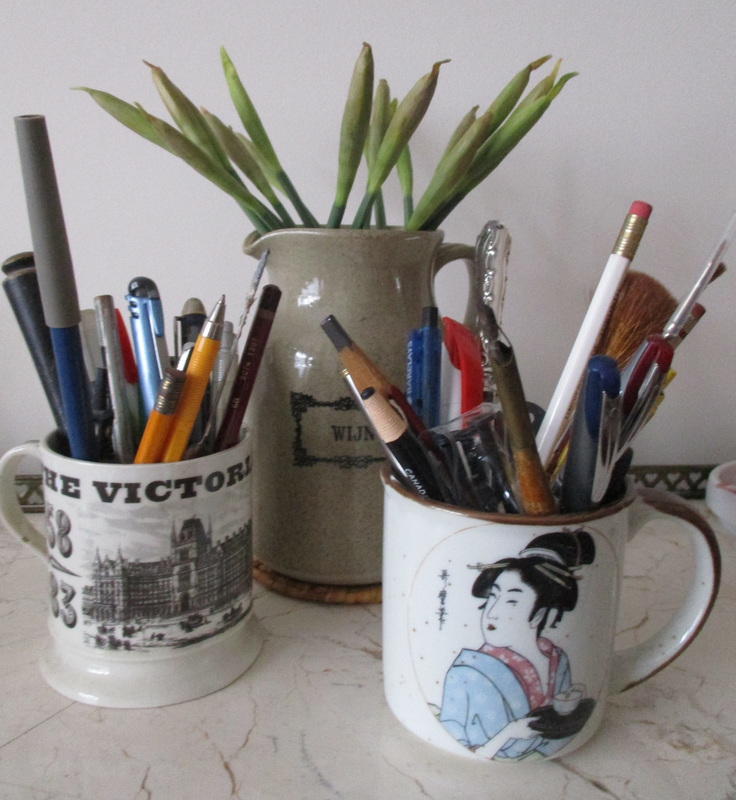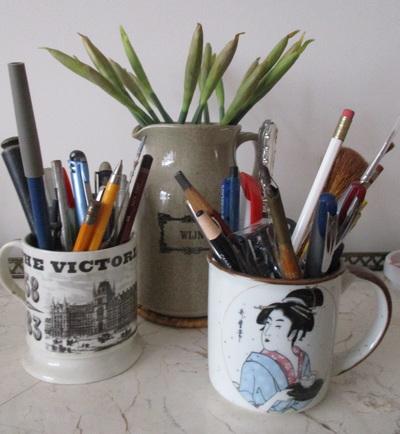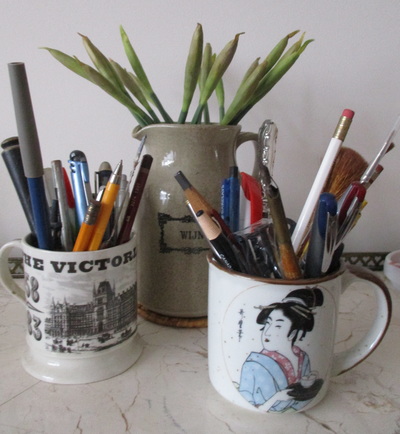|
Thank you to biographer Evelyn Toynton[i] for responding to the previous blog about people associated with the rectory at Booton in Norfolk. Apparently, Jean Rhys stayed there for about six months during WWII, having been taken in by the kindly Reverend Willard Feast. According to Rhys’s biographer, Carole Angier, (Jean Rhys: Life and Work 1985) Rhys often made life hell for the Reverend and his family, even, on one occasion verbally attacking his 13-year-old daughter so that the poor girl was reduced to tears. The source of this story was a family friend of the Feasts, one Eric Griffiths. If anyone knows more about this or other tales of Booton do, please, email me. This month I’ve been re-reading The Art of Literary Biography (1995) edited by John Batchelor. Two topics struck me particularly: Ann Thwaite’s chapter ‘Starting Again’ raised the problem of choosing a subject for a biography and Catherine Peters argued for the importance of ‘Secondary Lives’ as the context of biographical study. Thwaite discusses the various reasons for an author’s choice of subject, including both conscious and unconscious attraction but concludes, with Hilary Spurling, that it is more often an arranged marriage than an affair of the heart. Colleagues, tutors, and publishers are often the prompt for a subject. The results are certainly not necessarily the worse for that. But as Ann points out if you are going to spend years of your mental life immersed in a person’s life and work you need to choose carefully. Traditionally the subjects are people of singular achievement or prestige: the high-profile, individual. But latterly there are many examples of what Catherine Peters calls ‘Secondary Lives’. Examples are Claire Tomalin’s The Invisible Woman (1995) about Dickens’ mistress, Nelly Ternan, or Jo Manton’s Claire Claremont and the Shelleys (1992), and Thwaite’s The Poet’s Wife (1996) about Emily Tennyson. We are more and more inclined to see these people as far from ‘secondary’ and Peters certainly supports the trend believing that these other characters in the drama of a celebrity life can shift our perceptions both of the individual and of the times. The satellites are not always women spinning around the planet of a man. Virginia Woolf broke new ground here as in so many things with her comic Flush: A Biography (1933) about Elizabeth Browning’s dog. More recently Michael O ‘Hagan produced the highly entertaining The Life and Opinions of Maf the Dog (2010) – the views of Marilyn Monroe’s pet. But I am more concerned with the family or group dynamic from which a biographical subject emerges. Tim Parks in his The Novel: A Survival Skill (2015) has drawn on systemic psychology – the study of family value structures – to analyse the fiction of Joyce, Lawrence, Hardy and Dickens. He proposes that their novels contain the biographies of their family patterns. He based his theory largely on Valeria Ugazio’s Semantic Polarities and Psychopathologies in the Family (2013). Ugazio cites four dominant semantics active in family life which lead to four pathologies: the semantics of power lead to anorexia and bulimia, the semantics of good and evil lead to obsessive compulsive disorders, the semantics of freedom lead to phobic disorders and the semantics of belonging lead to depression. It’s an excellent book – as is Tim Park’s - and I wonder about the possibility of using systemic psychology to study family biography. Why are there often two or even three promising individuals in a family – the Durrells – Laurence and Gerald, the Flemings - Ian and Peter, the Spencers - Stanley and Gilbert - but one who pulls ahead to the finish line? And what of the families whose talents span the generations – the du Mauriers, the Freuds, the Thackerays - who wins, who loses in the emotional stakes of family life. Why are there tragic failures side-by-side with ‘successes – Branwell Bronte and his sisters, Edith Cavell’s brother Leonard crushed by the ethos that made her? The question of why none of Charles Dickens’ children stood a chance of finding their own success is examined in Tim Parks’ book. For me the compelling question is to what extent people make themselves and to what extent they are made by a group or a family dynamic. [i] Evelyn Toynton is the biographer of Jackson Pollock (2012) and lives in Norfolk.
|
Victoria Manthorpeauthor and feature writer Blog
Your email will only ever be used to send you new posts and you can unsubscribe at any time. For more information, please check Victoria's privacy statement.
Archives
February 2024
Categories
All
|



